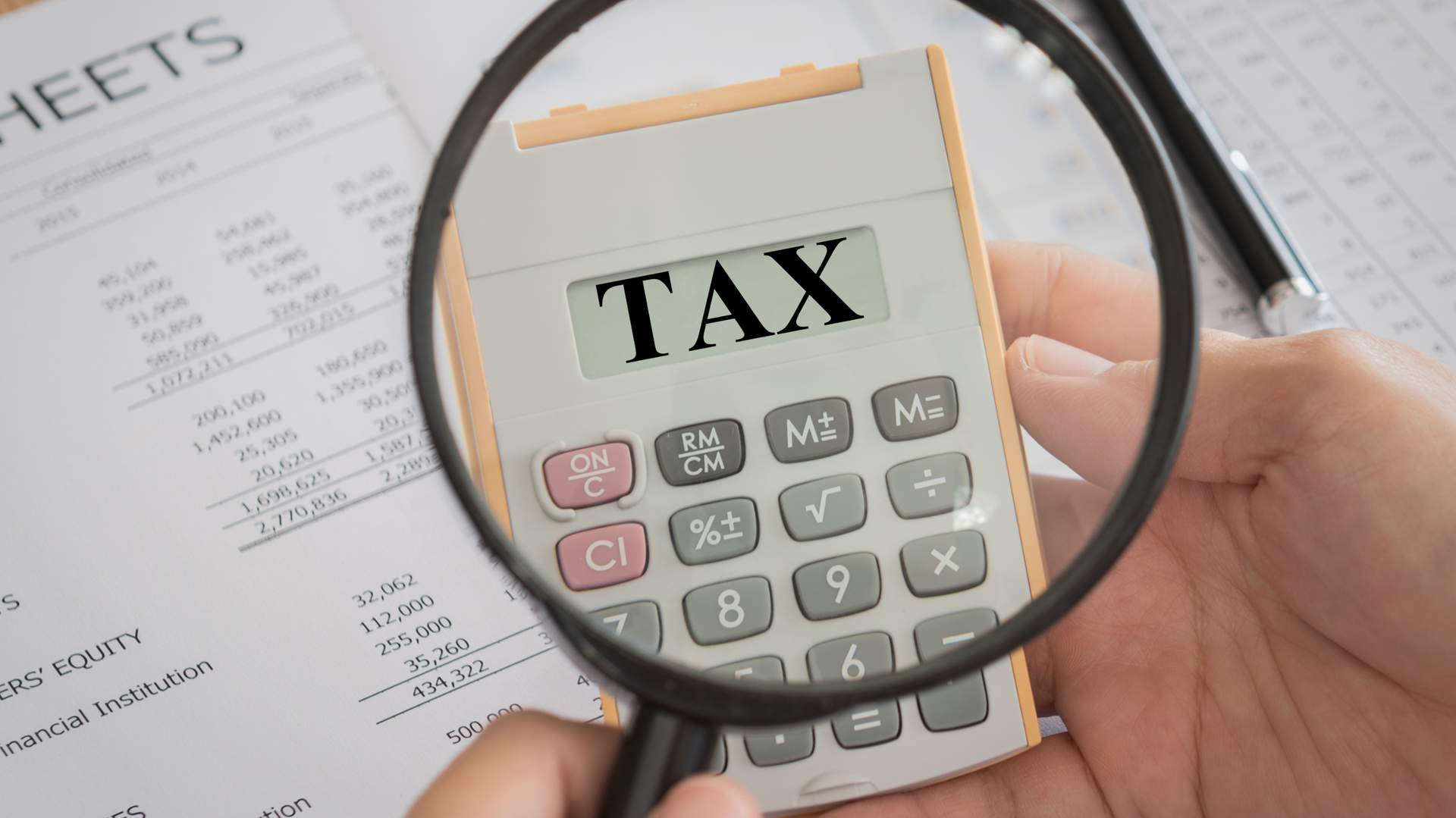Can Airbnb Hosts Deduct Home Improvements? A Strategic Guide to Tax Savings
Can Airbnb Hosts Deduct Home Improvements?
Short Answer:
Yes—but it depends on how the IRS classifies the upgrade. Airbnb hosts can fully deduct repairs (like fixing a leak) in the year they're made, while capital improvements (like a kitchen remodel) must be depreciated over time—typically 27.5 years. Strategic tax planning can accelerate deductions through bonus depreciation, Section 179 expensing, or cost segregation.
Even hosts of mixed-use properties can claim partial deductions based on rental usage. To maximize tax savings, document everything, file the right forms (like Schedule E and Form 4562), and align your upgrades with both guest appeal and IRS rules.
Long Answer:
For Airbnb hosts and short-term rental property owners, home upgrades are more than a cosmetic decision—they're a long-term investment in your revenue potential. But beyond aesthetics and guest satisfaction, there’s a compelling tax advantage that many hosts overlook: the ability to deduct or depreciate certain home improvements.
When managed strategically, these upgrades can reduce your taxable income while boosting your property’s nightly rate.
However, the rules are not always intuitive. What you consider an improvement may be treated differently by the IRS—and understanding those classifications is critical to ensuring you’re making the most of your deductions without raising red flags. In this guide, we’ll break down the essential tax distinctions, highlight practical examples, and show you how to align your renovations with the tax code.
Whether you're adding a hot tub or replacing a roof, this article will help you understand how to approach taxes on vacation rental income with precision—and take full advantage of what the tax law allows.
What Qualifies as a Home Improvement for Tax Purposes?
Before we explore strategies and examples, it’s important to define what the IRS considers a “home improvement.” In tax terms, not all upgrades are created equal—and how you classify them will determine when and how you can deduct the expense.
Capital Improvements vs. Repairs
The IRS separates residential property expenses into two primary categories:
- Repairs are costs incurred to maintain or restore your property to its original condition. These are fully deductible in the year the expense is paid, making them a straightforward tax write-off.
- Capital improvements, on the other hand, are upgrades that add long-term value to the property, extend its useful life, or adapt it to a new use. These must be depreciated over time—typically over a 27.5-year period for residential rental properties.
This distinction may seem simple, but the line can blur. Repainting a scuffed wall is a repair. Remodeling a kitchen with new cabinets, lighting, and appliances? That’s a capital improvement. The tax implications of each are vastly different.
Examples of Repairs vs. Capital Improvements (In Context)
Let’s bring this into sharper focus with examples rooted in real-world Airbnb scenarios.
Repairs (Immediately Deductible):
- Fixing a clogged drain or leaky faucet
- Replacing a broken microwave or dishwasher
- Repairing a damaged fence after a storm
- Patching drywall from guest damage
These repairs keep your space functional and guest-ready. They do not add new value but are essential for maintaining standards—and therefore, they’re typically deductible in full during the year the cost was incurred.
Capital Improvements (Depreciated Over Time):
- Installing a new HVAC system to improve guest comfort
- Adding an outdoor fire pit and seating area
- Renovating a basement to add a rentable bedroom
- Upgrading countertops to quartz or installing a new backsplash
In these cases, the improvement materially enhances the property. These are the types of upgrades that not only justify a higher nightly rate but also require long-term tax planning.
Why This Matters
Getting this classification right isn’t just about compliance—it’s about optimizing your financial outcome. Misclassify an improvement as a repair, and you risk an audit. Misclassify a repair as an improvement, and you miss out on an immediate deduction you’re entitled to take. Both can cost you.
That’s why it’s critical to document your upgrades clearly and consult with a tax professional when there’s any ambiguity. It’s also where understanding depreciation rules comes into play.
Depreciation for Airbnb Property Upgrades
Once you’ve identified a capital improvement, the next step is to understand how depreciation affects your tax strategy. In essence, depreciation spreads the cost of a long-term asset over its useful life. For Airbnb properties, that’s typically 27.5 years under the IRS’s
Modified Accelerated Cost Recovery System (MACRS).
MACRS and the 27.5-Year Rule
Let’s say you add a $30,000 deck to your backyard to increase guest appeal and create a better space for outdoor entertaining. While the deck may immediately boost your occupancy rate, you won’t be able to deduct the full $30,000 this year. Instead, under MACRS, you’ll recover the cost gradually, deducting a portion each year over 27.5 years.
This slow pace can feel frustrating for hosts used to thinking in terms of high season and immediate ROI. However, there are ways to accelerate this timeline for certain types of upgrades—and that’s where bonus depreciation and Section 179 come into play.
Advanced Deduction Tactics: Bonus Depreciation & Section 179
Not every improvement must be spread over 27.5 years. In recent years, tax reform laws have expanded options for accelerated depreciation, giving Airbnb hosts and vacation rental owners more flexibility in how they recover improvement costs.
Bonus Depreciation: Immediate Write-Offs for Qualifying Assets
From 2017 through 2022, 100% bonus depreciation allowed businesses to fully deduct certain qualified renovations in the year they were placed in service. Though the percentage is now gradually decreasing (80% in 2023, 60% in 2024, and so on), it remains a powerful tool for Airbnb hosts investing in:
- New appliances
- Furniture and décor
- Security systems
- Smart home technology upgrades
Section 179 Expensing: Another Way to Accelerate Deductions
Section 179 allows immediate expensing of certain property used more than 50% of the time for business. Qualifying items can include:
- HVAC systems
- Roofing
- Fire and alarm systems
Unlike bonus depreciation, Section 179 has dollar limits and phase-outs—but for many short-term rental operators, it offers a way to claim large deductions up front, provided the property meets the required usage thresholds.
Cost Segregation: Unlocking Faster Deductions from Large Renovations
For hosts making substantial upgrades—like finishing a basement, adding a pool, or remodeling multiple rooms—cost segregation is a strategy worth exploring. This process involves hiring a professional to break down a large capital improvement into its individual components, many of which can be depreciated faster than 27.5 years.
What Cost Segregation Looks Like for Airbnb Hosts
Let’s say you invest $100,000 into a full guest suite conversion. A cost segregation study might break that project into:
- 5-year assets (e.g., cabinets, appliances, carpets)
- 15-year assets (e.g., exterior landscaping or patios)
- 27.5-year assets (e.g., structural framing or plumbing)
By accelerating deductions into the earlier years of ownership, this strategy can significantly reduce your taxable income in high-revenue seasons—precisely when your earnings from short-term rentals peak.
Can I Deduct Improvements to a Mixed-Use Property?
Most Airbnb hosts live in part of the home they rent. This mixed-use setup doesn’t eliminate your ability to deduct improvements—it just adds complexity.
Proportional Deductions Based on Usage
If you use 25% of your home (e.g., a finished basement suite) exclusively for Airbnb guests, you may only claim 25% of capital improvement costs as depreciation. You can determine this based on:
- Square footage (e.g., 500 sqft rented out of a 2,000 sqft home = 25%)
- Time rented (e.g., guest room rented for 180 days/year = 49% of the year)
Shared Improvements: Split Carefully
For improvements to shared spaces—like a kitchen or HVAC system—you’ll need to allocate costs proportionally and justify the business use. The same goes for home offices, which can support your Airbnb business and qualify for deductions if used regularly and exclusively for operations.
Strategic Upgrades That Maximize Bookings—and Tax Savings
Context for Strategic Improvements
Not every renovation is made equal in the eyes of the IRS—or in the eyes of your future guests. The key is to prioritize upgrades that serve both tax and business goals: increasing your allowable deductions and boosting your booking rate or average daily rate (ADR).
Here are some high-impact upgrades that serve both purposes:
High-ROI Upgrades for Airbnb Hosts
- Outdoor Living Areas (fire pits, decks, or saunas)
→ These often lead to higher nightly rates and longer stays, especially in seasonal markets.
- Additional Accommodations (converted garages, finished basements, ADUs)
→ Adds sleeping capacity and makes your listing more competitive—especially for families and groups.
- Smart Home Systems (locks, lights, security cameras)
→ Boost guest trust and safety while qualifying as depreciable tech improvements.
- Interior Redesigns (durable, aesthetic furnishings and lighting upgrades)
→ Elevate listing photos, increase bookings, and qualify for faster depreciation if items are personal property.
Bringing Meaning to These Upgrades
When viewed through the lens of taxes on vacation rental income, each of these upgrades is not just an expense—they're a strategic asset. Well-chosen improvements don’t just beautify a space; they help your listing stand out in saturated markets, enable premium pricing, and create long-term equity while reducing your year-end tax liability.
Forms You’ll Need to File Deductions Correctly
To stay compliant and get your full deduction value, be prepared with the proper documentation:
Core Tax Forms for Airbnb Hosts
- Schedule E (Form 1040) – Reports income and expenses from rental properties.
- Form 4562 – Used to claim depreciation and Section 179 expensing.
- Publication 527 – IRS resource for Residential Rental Property rules.
- Form 8582 – May be required if you’re reporting passive activity losses on a mixed-use or multi-property basis.
Always retain receipts, service invoices, blueprints, before-and-after photos, and appraisals—especially for capital improvements.
Final Tips for Airbnb Hosts Planning Home Improvements
As you plan your next upgrade, keep these tips in mind:
- Bundle wisely: Repairs bundled into a renovation may be capitalized, not deducted immediately.
- Plan ahead: Time your improvements in low seasons to minimize revenue disruption and maximize depreciation start dates.
- Document clearly: Keep personal and business expenses separate—even if they occur on the same property.
- Consult a pro: A tax advisor who understands short-term rental law can help you claim more while avoiding missteps.
Conclusion
Whether you're renovating a bathroom, adding an outdoor kitchen, or simply replacing a broken appliance, understanding how to classify those changes as repairs or improvements is key to maximizing your tax strategy as an Airbnb host. Many repairs and maintenance tasks are fully deductible, while more substantial home improvements must be depreciated over time—but both categories can significantly reduce your taxes on vacation rental income.
If you rent out a portion of your property, you can still deduct a percentage of eligible expenses—from utilities to upgrades—based on how much of the space is used for rental business purposes. Even upgrades to a home office, smart appliances, or enhanced guest amenities can qualify for deductions under IRS guidelines. The key is to document thoroughly, apply the correct classification, and understand what you can deduct immediately versus what you must depreciate.
An Airbnb host who treats their listing like a business will approach repairs and improvements not just as sunk costs, but as assets that deliver both guest satisfaction and long-term tax advantages. If you track your expenses, keep each receipt in the right box, and consult IRS Schedule E, you may be surprised at how much you can claim back. From cleaning fees and smart tech to structural improvements, there’s a wide range of tax deductions for Airbnb hosts that can lower your income tax liability.
Remember: every dollar you spend on your Airbnb is an opportunity to either improve your listing’s appeal or enhance your financial outcome—often both. The secret lies in knowing how to align your repairs, upgrades, and business expenses with the tax code.
Share to social media
More posts





